Add to Wishlist
Fundamentals Of Organic Farming
By Val Stevens
Publisher: Alexis Press LLC
$135.00
ISBN 13: 979-8-89143-208-6
YEAR: 2024
eBOOK
Instant Delivery
SKU:
ALX-AG-208-6
Category:
Agriculture
Additional information
| Access Type | Download eBook, Read Only |
|---|
Be the first to review “Fundamentals Of Organic Farming” Cancel reply
You must be logged in to post a review.
Purchase now to read the book online.
Select optionsRelated products
Pests And Diseases
By Lee Palmer
$135.00
Together pests and diseases cause up to 40% yield losses every year. The animal groups of the most significant importance as agricultural pests are (in order of economic importance) insects, mites, nematodes, and gastropod mollusks. Insects are responsible for two major forms of damage to crops. First, there is the direct injury they cause to the plants as they feed on the tissues; a reduction in leaf surface available for photosynthesis, distortion of growing shoots, a diminution of the plant's growth and vigor, and the wilting of shoots and branches caused by the insects' tunneling activities.
Pests And Diseases
By Lee Palmer
$135.00
Together pests and diseases cause up to 40% yield losses every year. The animal groups of the most significant importance as agricultural pests are (in order of economic importance) insects, mites, nematodes, and gastropod mollusks. Insects are responsible for two major forms of damage to crops. First, there is the direct injury they cause to the plants as they feed on the tissues; a reduction in leaf surface available for photosynthesis, distortion of growing shoots, a diminution of the plant's growth and vigor, and the wilting of shoots and branches caused by the insects' tunneling activities.
Introduction To Agroecology: Principles And Practices
By Avery Clark
$135.00
Agroecology is defined by the OECD as "the study of the relation of agricultural crops and environment." Dalgaard et al. refer to agroecology as the study of the interactions between plants, animals, humans, and the environment within agricultural systems. Francis et al. also use the definition in the same way but thought it should be restricted to growing food.
Introduction To Agroecology: Principles And Practices
By Avery Clark
$135.00
Agroecology is defined by the OECD as "the study of the relation of agricultural crops and environment." Dalgaard et al. refer to agroecology as the study of the interactions between plants, animals, humans, and the environment within agricultural systems. Francis et al. also use the definition in the same way but thought it should be restricted to growing food.
History Of Agriculture
$135.00
Agriculture began independently in different parts of the globe and included a diverse range of taxa. At least eleven separate regions of the Old and New World were involved as independent centers of origin. The development of agriculture about 12,000 years ago changed the way humans lived. They switched from nomadic hunter- gatherer lifestyles to permanent settlements and farming.
History Of Agriculture
$135.00
Agriculture began independently in different parts of the globe and included a diverse range of taxa. At least eleven separate regions of the Old and New World were involved as independent centers of origin. The development of agriculture about 12,000 years ago changed the way humans lived. They switched from nomadic hunter- gatherer lifestyles to permanent settlements and farming.
Agrarianism
By Ash Mcintosh
$135.00
Agrarianism, in social and political philosophy, perspective that stresses the primacy of family farming, widespread property ownership, and political decentralization. Agrarian ideas are typically justified in terms of how they serve to cultivatemoral character and to develop a full and responsible person. Many proponents of agrarianism revere nature (whether understood as natural phenomena or as God’s creation), respect tradition and experience, distrust ideology, and regard science and technology with skepticism. Proponents of agrarianism believe that when individuals attach themselves to farming and a rural way of life, the required labour enhances their existence. Family and locale are rooted, allowing stable associations to develop that enable people to experience, in a nonacquisitive way, the goods of a grounded community, including leisure, friendship, love, art, and religion
Agrarianism
By Ash Mcintosh
$135.00
Agrarianism, in social and political philosophy, perspective that stresses the primacy of family farming, widespread property ownership, and political decentralization. Agrarian ideas are typically justified in terms of how they serve to cultivatemoral character and to develop a full and responsible person. Many proponents of agrarianism revere nature (whether understood as natural phenomena or as God’s creation), respect tradition and experience, distrust ideology, and regard science and technology with skepticism. Proponents of agrarianism believe that when individuals attach themselves to farming and a rural way of life, the required labour enhances their existence. Family and locale are rooted, allowing stable associations to develop that enable people to experience, in a nonacquisitive way, the goods of a grounded community, including leisure, friendship, love, art, and religion
Agricultural Production
$135.00
Agricultural production has always involved the exploitation of resources such as soil, water, and energy. Increasing production to feed a growing world population while at the same time conserving resources for future generations has led to a search for ‘sustainable’ agricultural methods. Farm managers must take a long-term view when making decisions about which technologies to follow and what commodities to produce while still generating sufficient profits in the short run to earn a living. Farm managers must also be aware of possible trends in climatic conditions, and learn how to adapt their production methods accordingly.
Agricultural Production
$135.00
Agricultural production has always involved the exploitation of resources such as soil, water, and energy. Increasing production to feed a growing world population while at the same time conserving resources for future generations has led to a search for ‘sustainable’ agricultural methods. Farm managers must take a long-term view when making decisions about which technologies to follow and what commodities to produce while still generating sufficient profits in the short run to earn a living. Farm managers must also be aware of possible trends in climatic conditions, and learn how to adapt their production methods accordingly.
Bakery: Agriculturally Based Manufacturing Industry
By Vic Harvey
$135.00
Because of the fame of the art of baking, around 300 BC, baking was introduced as an occupation and respectable profession for Romans. Bakers began to prepare bread at home in an oven, using mills to grind grain into flour for their bread. The demand for baked goods persisted, and the first bakers' guild was established in 168 BC in Rome. The desire for baked goods promoted baking throughout Europe and expanded into eastern parts of Asia. Bakers started baking bread and other goods at home and selling them on the streets. Baked goods have been around for thousands of years. The art of baking was developed early during the Roman Empire. It was a highly famous art as Roman citizens loved baked goods and demanded them frequently for important occasions such as feasts and weddings.
Bakery: Agriculturally Based Manufacturing Industry
By Vic Harvey
$135.00
Because of the fame of the art of baking, around 300 BC, baking was introduced as an occupation and respectable profession for Romans. Bakers began to prepare bread at home in an oven, using mills to grind grain into flour for their bread. The demand for baked goods persisted, and the first bakers' guild was established in 168 BC in Rome. The desire for baked goods promoted baking throughout Europe and expanded into eastern parts of Asia. Bakers started baking bread and other goods at home and selling them on the streets. Baked goods have been around for thousands of years. The art of baking was developed early during the Roman Empire. It was a highly famous art as Roman citizens loved baked goods and demanded them frequently for important occasions such as feasts and weddings.
Disciplines In Agriculture
By Willy Osborn
$135.00
Agricultural science is a broad multidisciplinary field of biology that encompasses the parts of exact, natural, economic, and social sciences that are used in the practice and understanding of agriculture. Professionals of agricultural science are called agricultural scientists or agriculturists.
Disciplines In Agriculture
By Willy Osborn
$135.00
Agricultural science is a broad multidisciplinary field of biology that encompasses the parts of exact, natural, economic, and social sciences that are used in the practice and understanding of agriculture. Professionals of agricultural science are called agricultural scientists or agriculturists.
The Science Of Vegan Food
$135.00
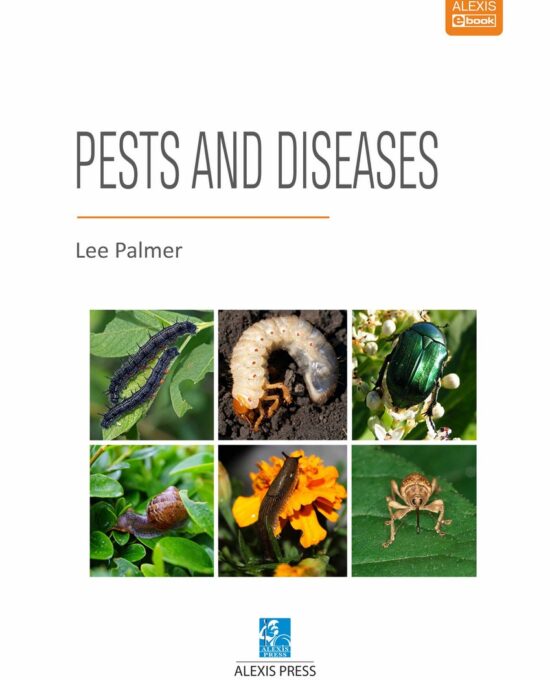
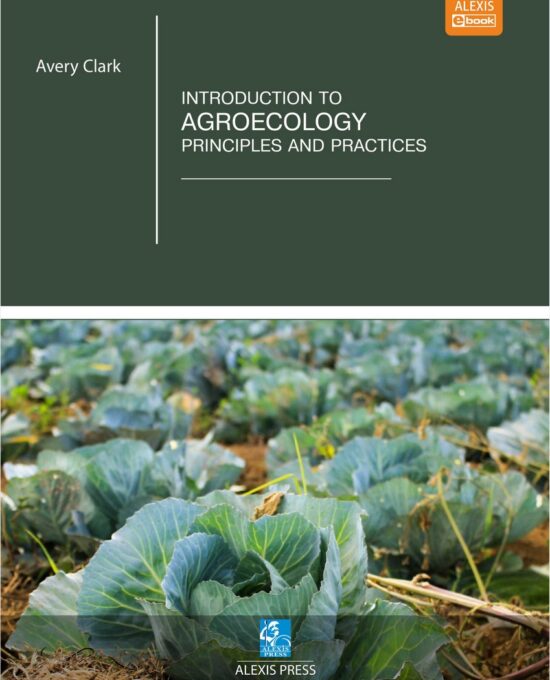

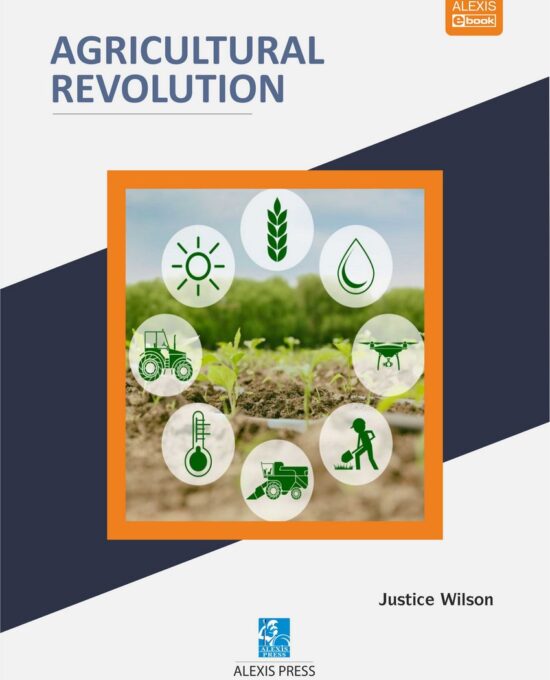
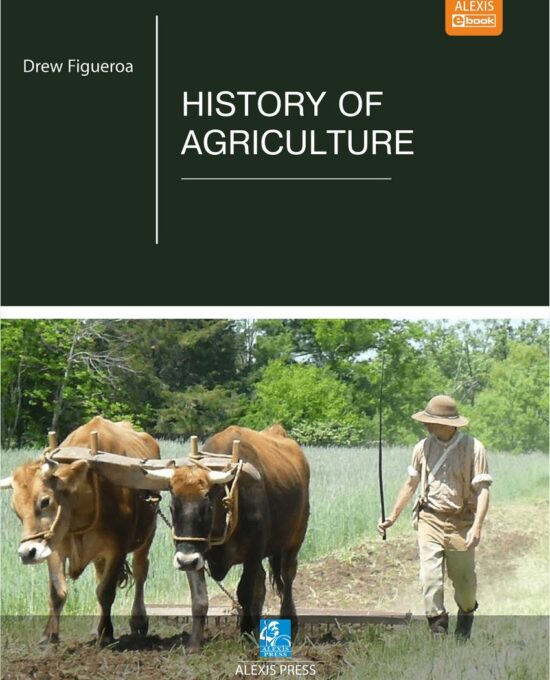
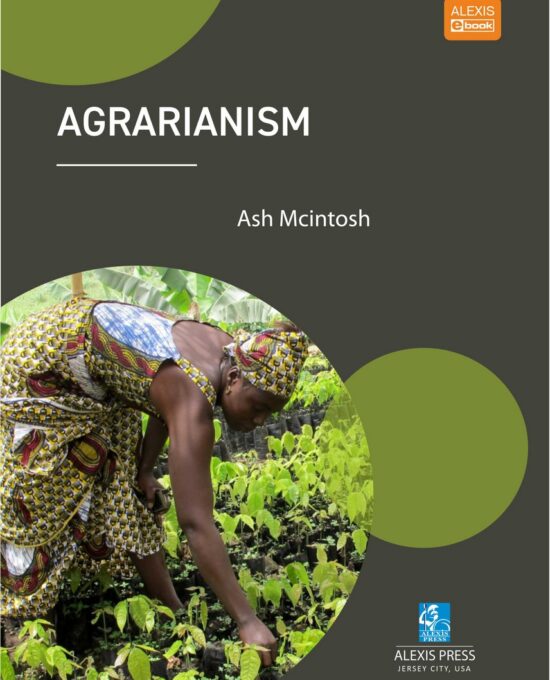
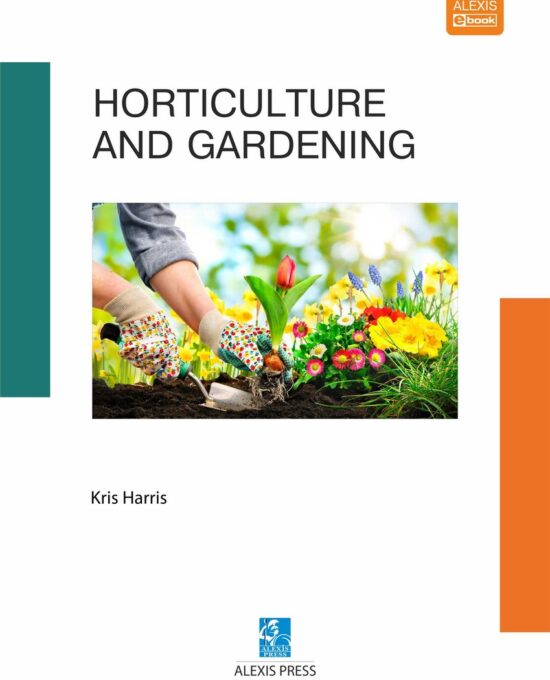
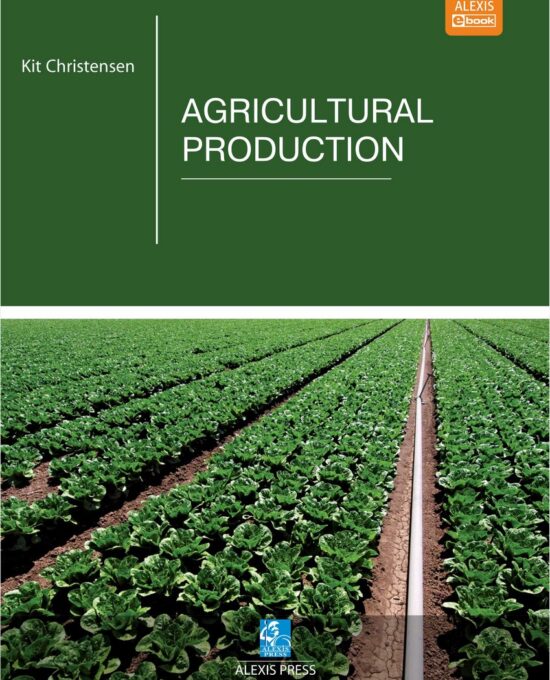
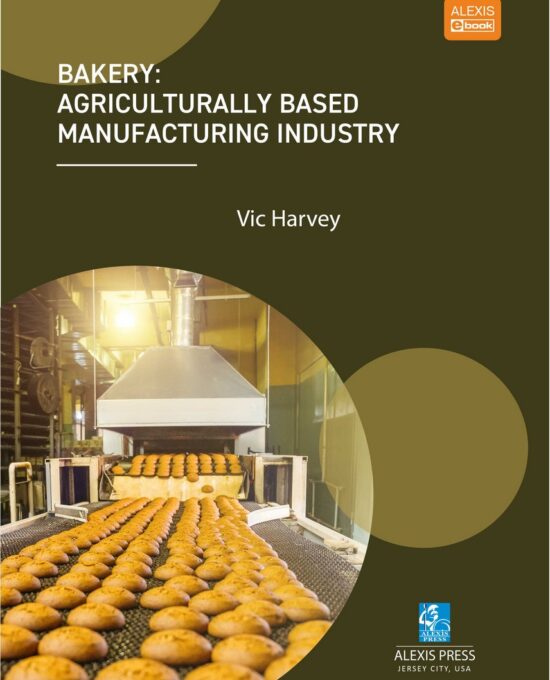

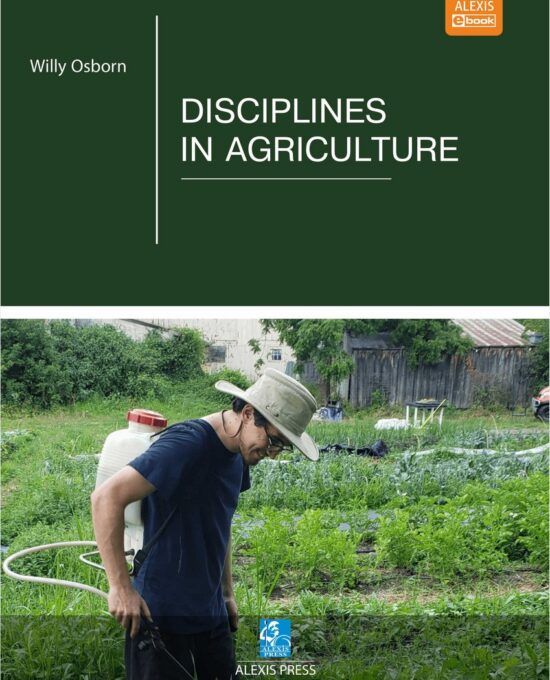

Reviews
There are no reviews yet.